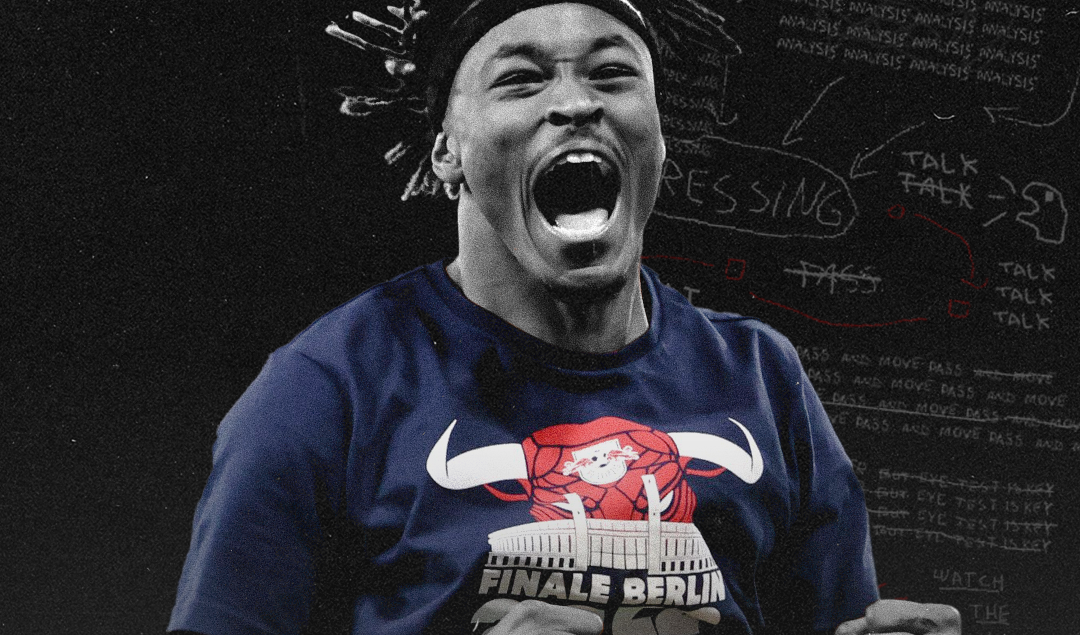Tactical Mythbusting: Kansas Bet Breaks Down Betting Bias
While many believe that sports betting revolves around betting on the most favorable odds, some biases can also affect the chances of placing successful bets. Sports betting bases can greatly affect judgment and decisions made while wagering. Sports bettors who have an understanding of these biases will be able to remain rational when making selections, increasing long-term success rates.
At Kansas Bet, we want bettors to have as much success as possible. Here, we break down these biases and explain how they can have a negative impact, especially on those who are just getting started at Kansas sportsbooks.
Common Biases that Affect Bettors
There are many types of biases that affect sports betting. When these are in play, bettors lose their ability to focus on the facts that are needed for making wise decisions. They are often swayed to bet based on past performances and can even believe they can predict outcomes. Overcoming these biases is essential for anyone to be successful when placing wagers. Read on to learn a bit about some of the common types of bias that sports bettors are faced with.
Optimism Bias
When bettors overestimate the chance of winning a bet, this is referred to as optimism bias. This type of bias can lead to expectations that are unrealistic, even when the odds are clearly against the bet. Poor decision-making is often the result as bettors ignore the negative possibilities. Optimism bias is prevalent in sports betting since many bettors are emotionally invested in their favorite teams or players.
Hindsight Bias
Hindsight bias when betting on sports is the tendency for one to overestimate their individual ability to predict outcomes. This creates a sense of confidence that is completely based on bias and can lead to poor decisions. Bettors often believe they know what will happen in a game and will place their bets on that. Since past performances are often the basis of betting, hindsight bias prevents bettors from wagering based on facts and statistics. They think that due to past performances, they have the ability to predict the outcomes of future games.
Outcome Bias
When bets are placed on the outcome of an event instead of relying on stats and analysis, this is referred to as outcome bias. When this bias is present, bettors are not able to learn from their mistakes, which can often lead to poor decisions.
Gambler’s Fallacy
This type of bias is very common in sports betting, and it is the belief that past outcomes will directly influence any future outcomes. This can lead one to think that teams are due for a win. Some bettors believe that a team on a losing streak will be due for a win and will bet based on that belief. This bias often leads to additional losses. The outcome of each sporting event is completely independent of any previous events.
Avoiding Biases to Win
It is essential for anyone placing wagers at a Kansas sportsbook to be aware of bias and how it can affect decision-making. Sports bettors who have an understanding of bias can take steps to reduce the effects and remain rational when making choices. This can increase the overall chances of success in the long run. Always focus on data and statistics as these are the most reliable sources. As always, responsible gambling is the key, so be sure to set limits, avoid chasing losses, and take breaks if needed to regain control.
